Postgraduate programmes
The postgraduate programmes at Earth Sciences comprise BSc Honours, MSc and PhD degrees. MSc and PhD are research programmes, where you conduct your own research project with your supervisor, resulting in a thesis and an oral defence. Our honours course is based on coursework evaluated by e.g. assessments and exams as well as an honours research project for which you have to write a thesis and give an oral presentation.
We usually have around 25 honours students, 25-30 MSc students and ca. 20 PhD students who work on a wide variety of topics within Applied and Environmental Sciences. Have a look at our list of current honours, current MSc students and their projects as well as the PhD's to get a closer idea of the topics they work on right now.
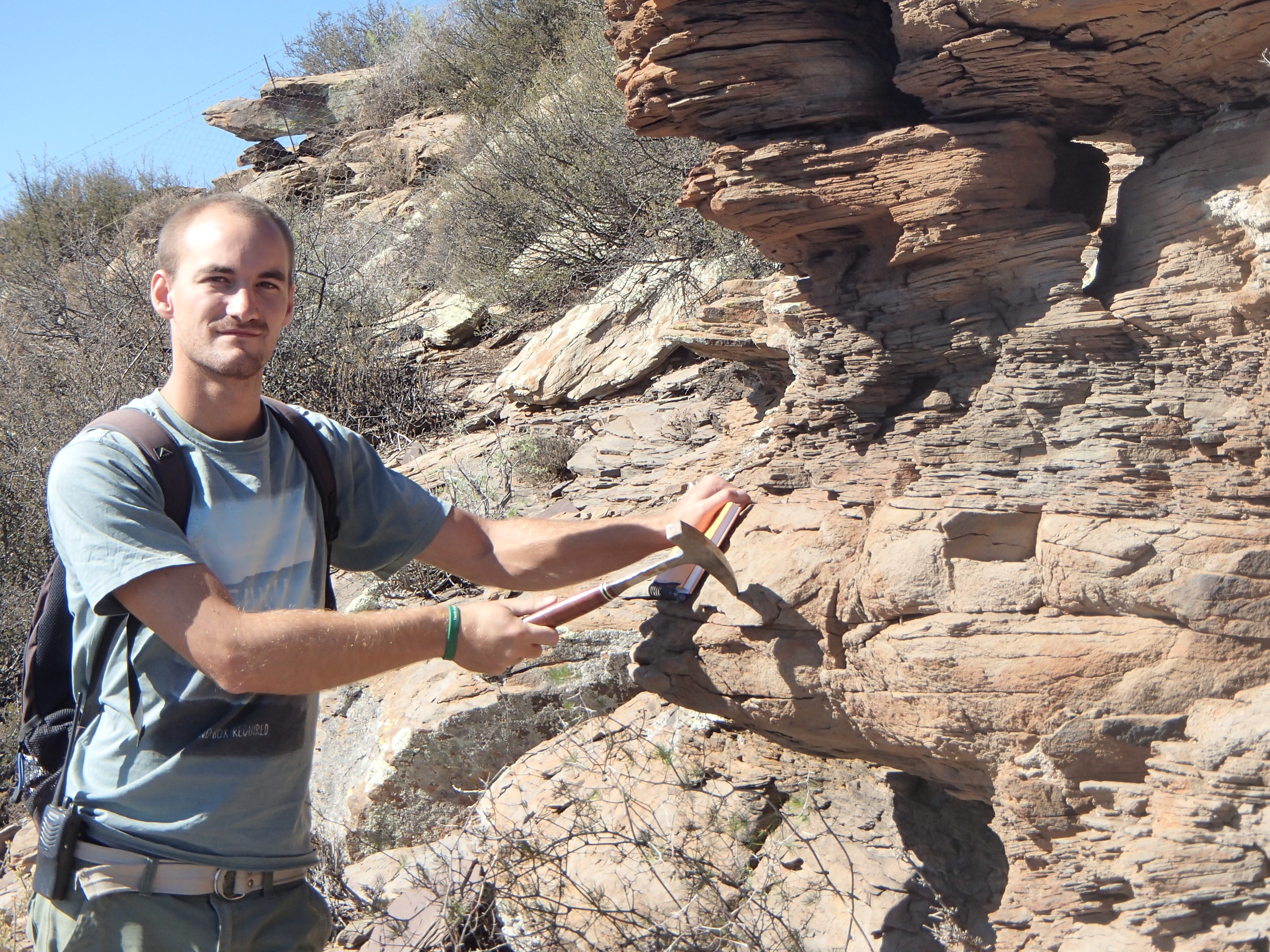
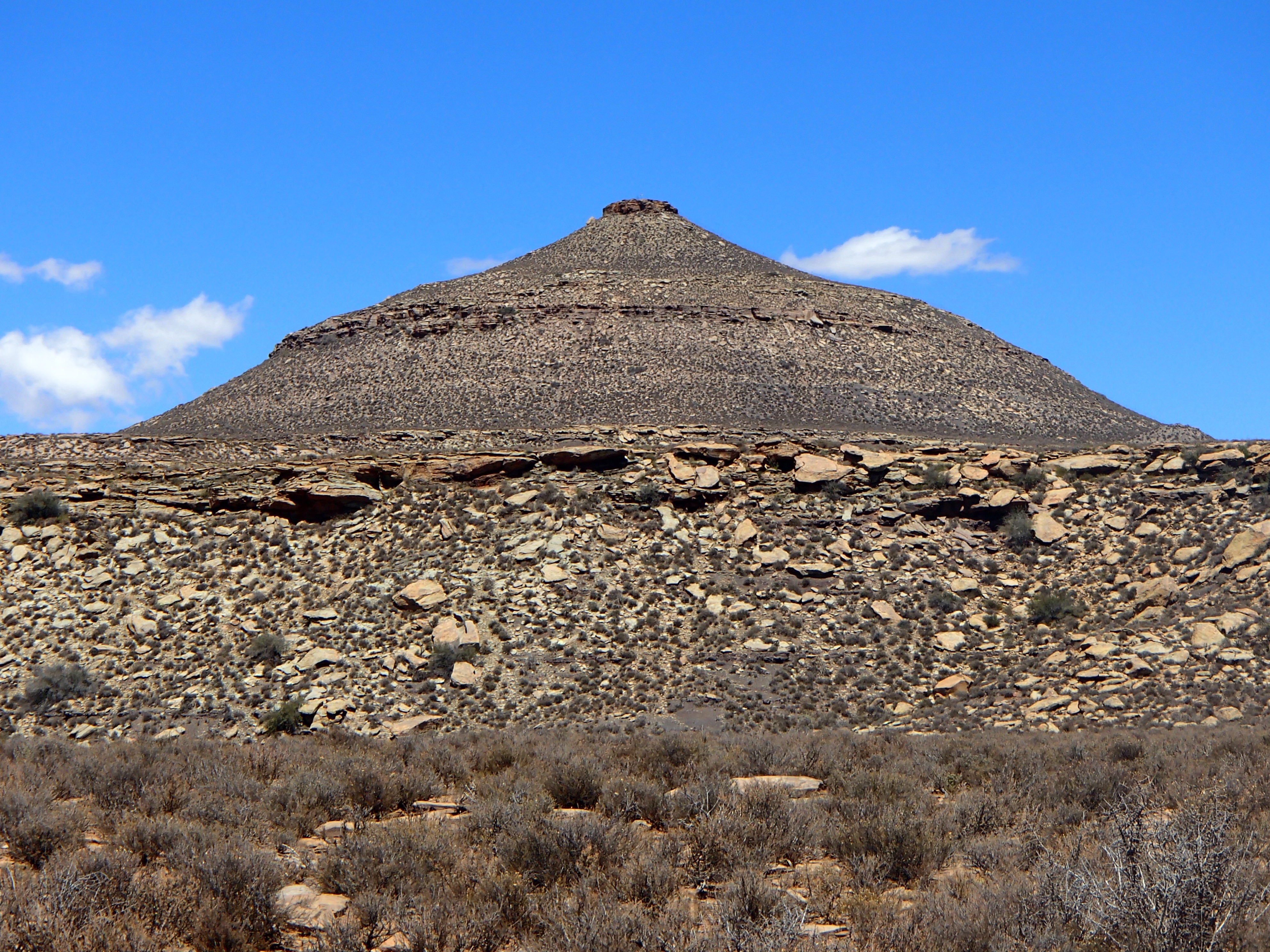
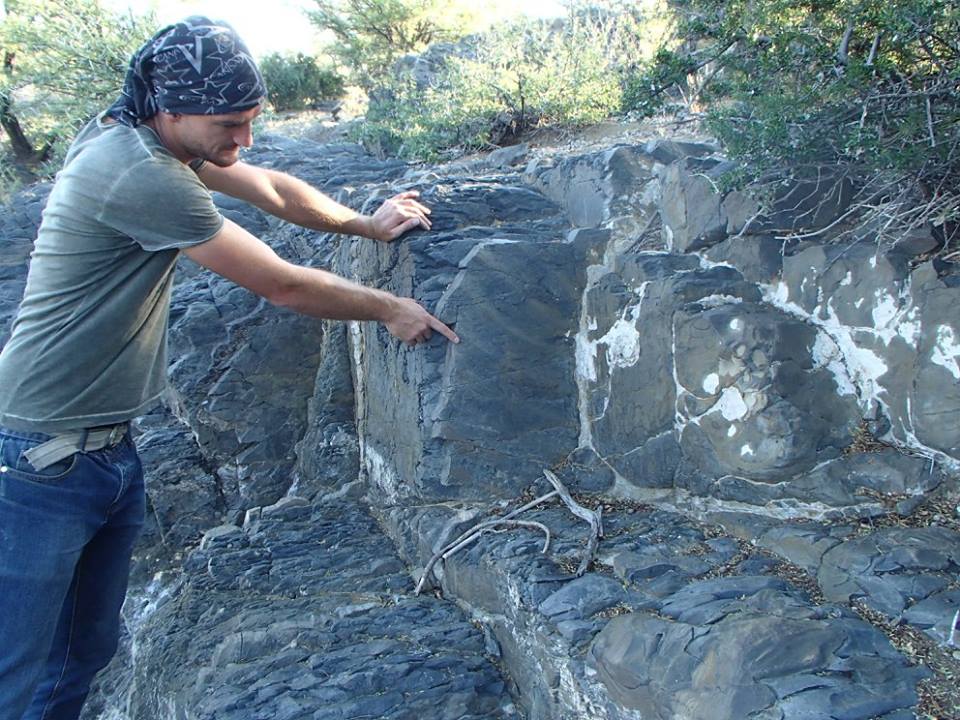
Are you interested in studying for M.Sc. and Ph.D. at SU?
Prospective students should apply directly to the
Department of Earth Sciences for admission to the postgraduate (MSc and PhD) programmes,
through personal contact with the academic member of staff who is the
prospective supervisor. Read more..
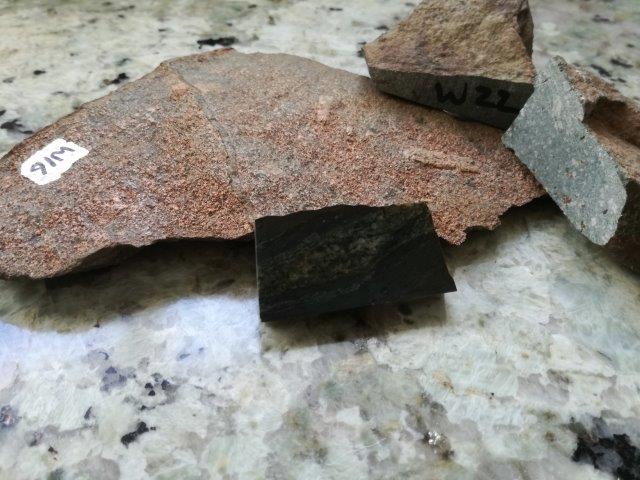

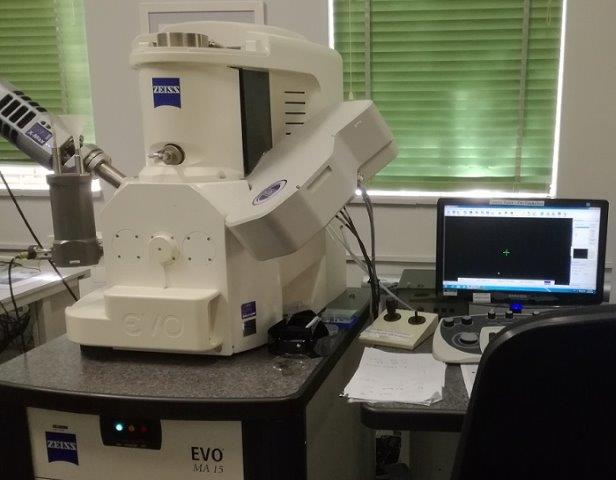
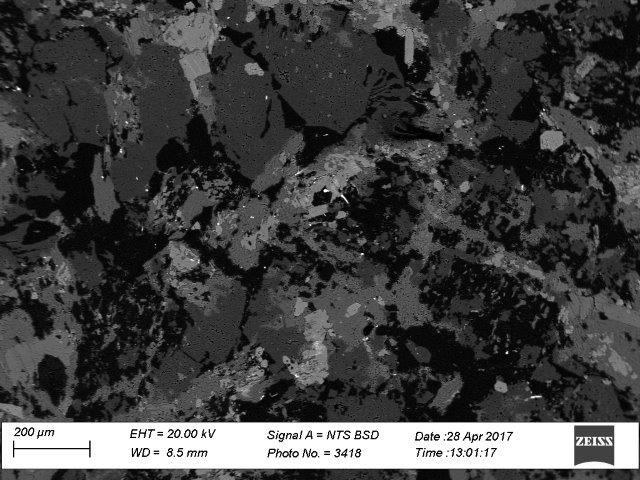
B.Sc. Honours
A B.Sc. Honours is a requirement to obtain professional registration to work as an independent geologist (Professional Natural Scientist, SACNASP).
Consult the Earth Sciences Honours Handbook for more detailed information on the 1 year long honours course.
If you are interested and would like to apply for the Honours course find further details for internal and external applications on the Prospective Postgraduate Section.
Honours Programme Structure
The honours programme in Earth Sciences is composed of three compulsory modules, a research project and two further modules from one of two streams.
The streams are:
(1) Applied Geology and (2) Environmental Geochemistry
The content of each of these modules is further divided into sections at the departmental level and may vary from year to year. The Department reserves the right to not offer a given module or stream depending on staff availability and student numbers. The specific content of streams and modules for each year is provided prior to commencement of the honours year. It is possible for students to take elements of different modules in consultation with their supervisor and the honours co-ordinator.
For more information on the postgraduate programmes the Faculty of Science has to offer, consult the Postgraduate Programmes section of the Faculty of Science website. For detailed information on the postgraduate programmes in Earth Science, click through to Department of Earth Sciences in the menue on the right hand side.
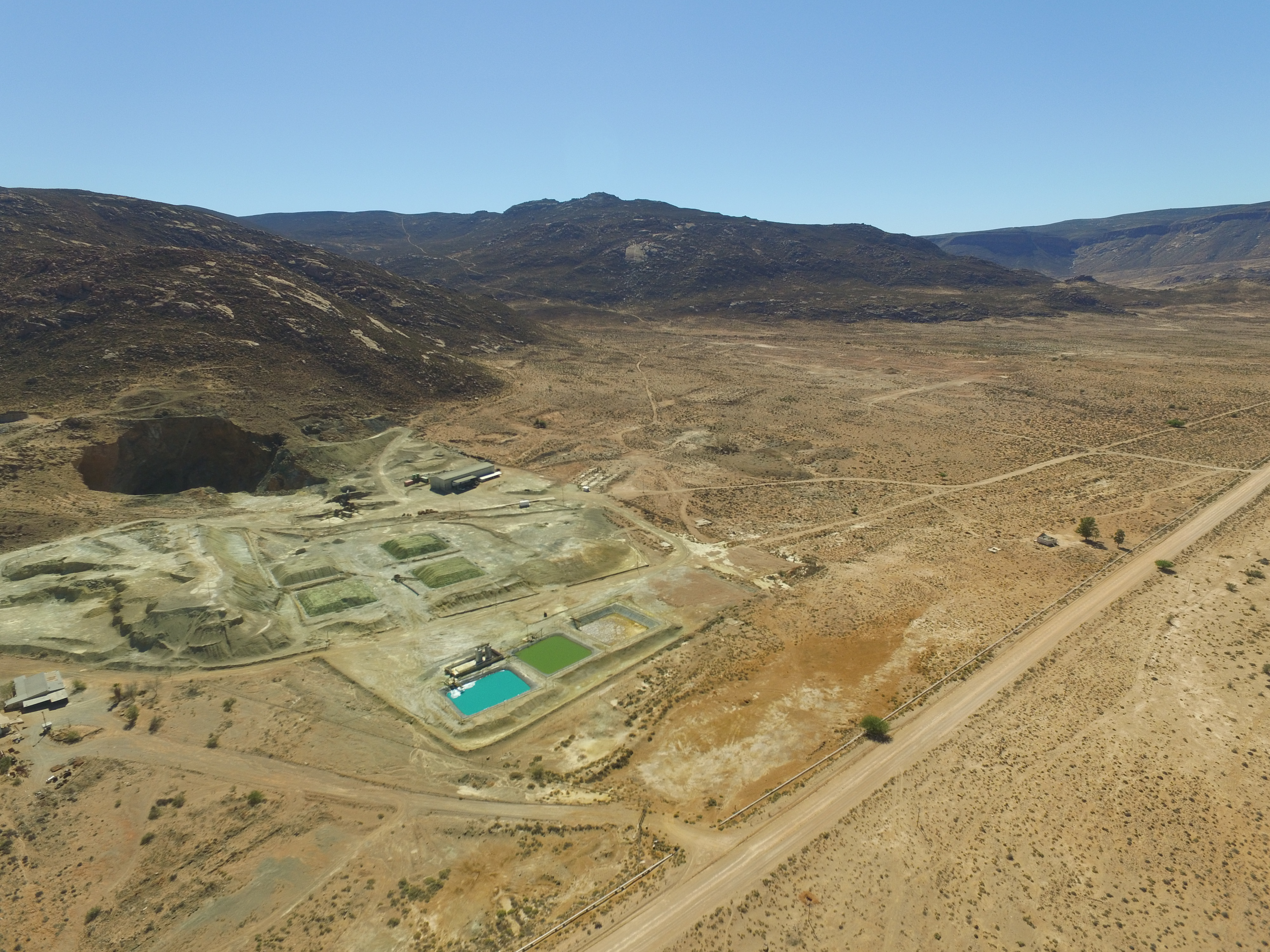
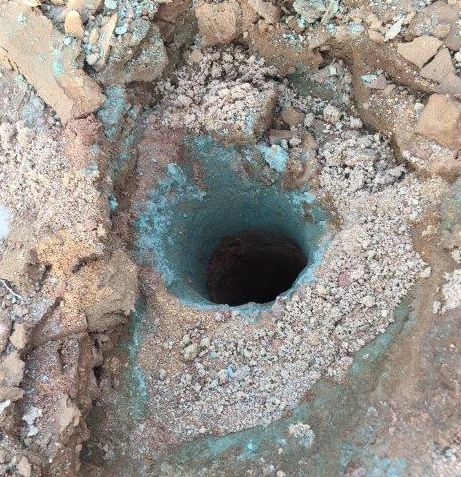
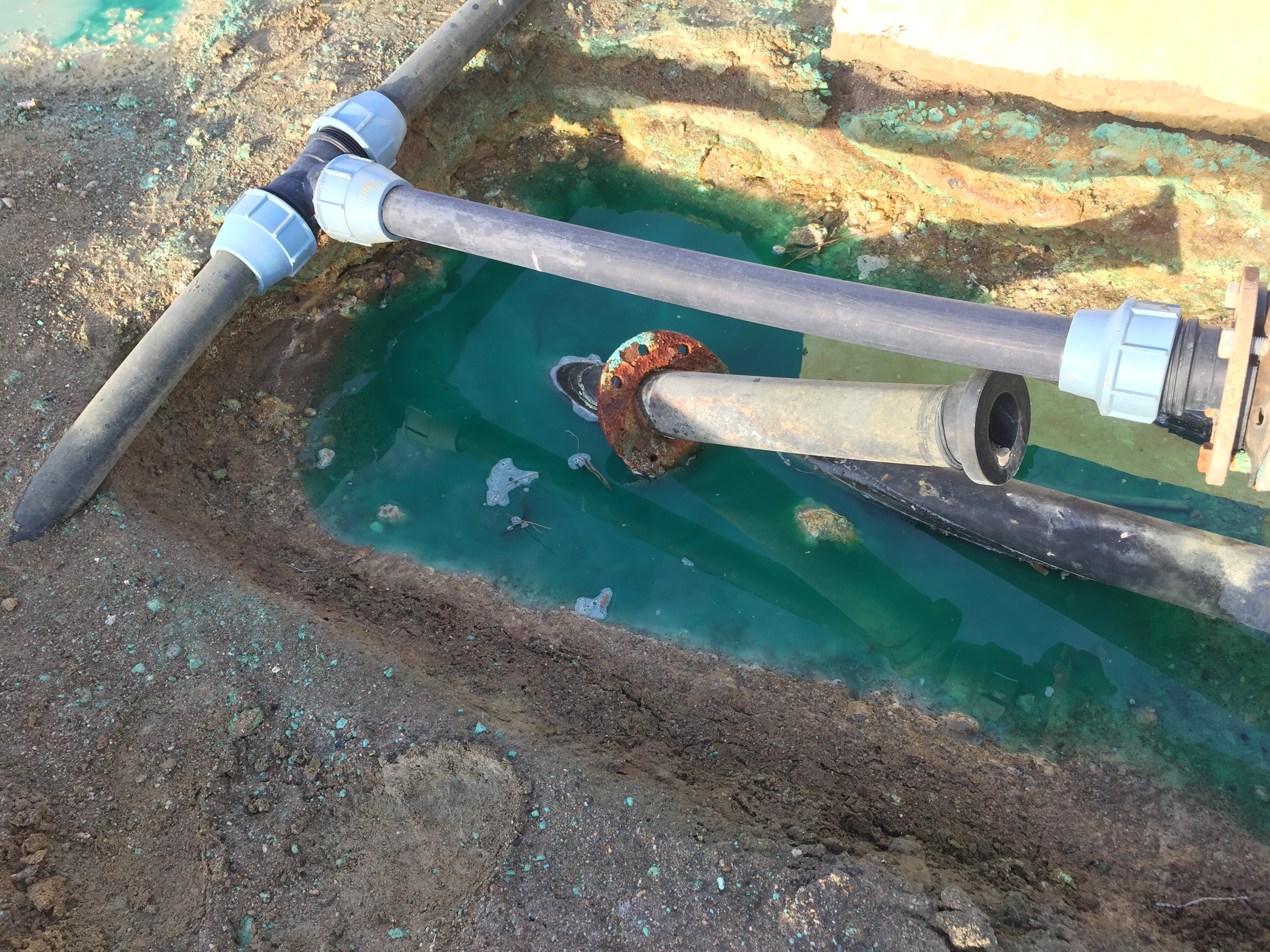
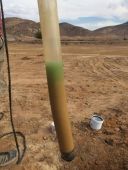
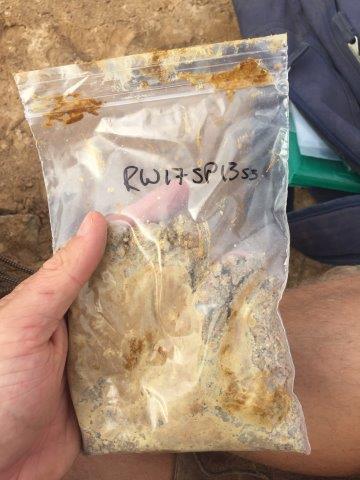
Selection of Module Contents
Geology of Southern Africa
Plate tectonic scenarios in the evolution of Southern Africa; geological settings, structural and lithological inventories; interpretation of geological maps and sections; practical application of geological concepts to field-based problems; advanced field techniques; field-based sedimentological and stratigraphic concepts and relationship to tectonic models. Includes two weeks' fieldwork.
Research Methods in Earth Sciences
Theoretical and practical techniques in Earth Sciences, including sample selection and characterisation, sample preparation and analytical techniques, geostatistical analysis of datasets, data presentation, report writing, spatial analysis and modelling with GIS; application of GIS to understanding geological problems.
Concepts in Crustal Evolution
Advanced petrological concepts in igneous, metamorphic and sedimentary rocks; modelling of whole-rock and mineral-geochemical datasets in the interpretation of rock suites and physicochemical conditions of formation; techniques in geochronology and application to solving geological problems, applied structural geology, analysis of complexly deformed terrains.
Economic Geology
Mineral markets and commodities, ore reserve calculations, ore microscopy, genetic implications of ore textures and paragenesis, geophysical exploration for ore deposits, introduction to geological modelling software, mine data-management systems.
Hazardous Waste Site Assessment
Geological, geophysical and engineering techniques for reconnaissance, sampling and assessment of hazardous waste sites, analytical techniques relevant to hazardous environmental systems, construction and monitoring of hazardous waste sites.
Environmental Systems
Application of geochemical proxies for environmental processes; environmental sampling, analysis and interpretation of environmental datasets, hydrogeological concepts, use of isotope tracers to understand element movement in the regolith and water systems.
Information about the current honours' classes is found here.

